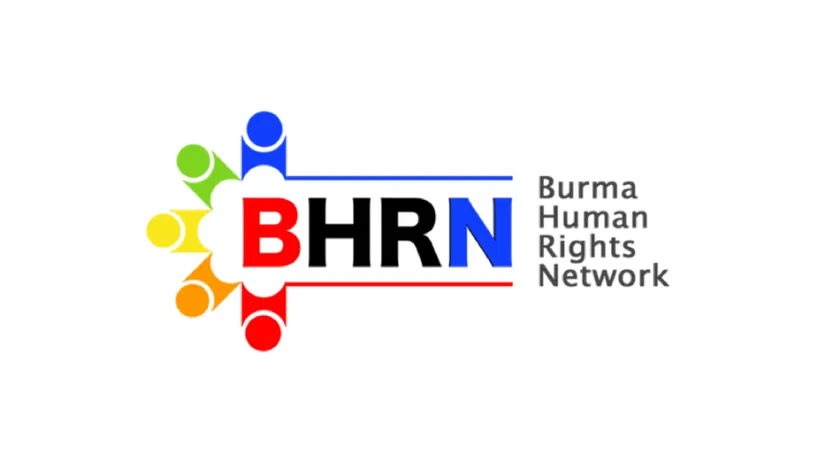October 2024 – Summary of Monthly Situation Update
12 November 2024


In recent weeks, the key highlights of events in Myanmar’s political conflict have been characterized by China’s ambivalent position. By not having a firm position either to push out the junta or to support it China exposed its weakness when it comes to its reliance on Myanmar for its strategic and economic reasons.
Some ethnic groups, especially the Kachin Independence Army (KIA) and Arakan Army (AA) openly ignored China’s call to end their attacks against the junta. Also, ignorance of a call by Beijing to these groups to put an end to the conflict exposed the weakening of the influence of China on Myanmar’s internal dynamics.
The junta has lost a major portion of its territory in Northern Shan State and Rakhine State, more recently in Kachin and Kayin states as well as in central Dry Zone areas, where a resistance group using their credential as Bama ethnic group is fighting the junta. It is a rare occurrence in the country, which was ruled by a junta with a mandate of enforcing Bama supremacy.
It is of course not a rare occurrence in Myanmar that Muslims fight the regime for their religious identity. Several pro-Muslim groups fought the junta in Northern Rakhine State and a small number in Kayin State during the 1980s.
In the current political climate, Muslims joined in a fight for democracy, federalism, and human rights along with Bama and other ethnic armies. They are fighting in unity under a broad umbrella of the People’s Defence Force which operates under the command of the government in exile the National Unity Government (NUG).
It is a rapid development in Myanmar in which Muslims joined the NUG politicians, who denied the Rohingya genocide only less than a decade ago. At one stage the NUG politicians, who were formerly with the government led by the National League for Democracy (NLD) even refused to accept the existence of Rohingya Muslims.
These NUG politicians failed to support the persecuted Rohingya Muslim minority and condemn calls by ultra-nationalist Buddhists to exterminate Muslims from Myanmar. These incidents occurred from 2012 to 2021.
Announcements
28 February 2025
Asian NGO Network on National Human Rights Institutions , CSO Working Group on Independent National Human Rights Institution (Burma/Myanmar)
Open letter: Removal of the membership of the dis-accredited Myanmar National Human Rights Commission from the Southeast Asia National Human Rights Institution Forum

Progressive Voice is a participatory rights-based policy research and advocacy organization rooted in civil society, that maintains strong networks and relationships with grassroots organizations and community-based organizations throughout Myanmar. It acts as a bridge to the international community and international policymakers by amplifying voices from the ground, and advocating for a rights-based policy narrative.